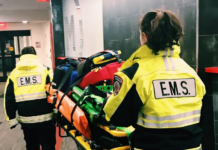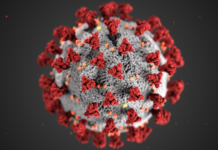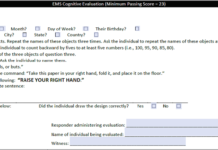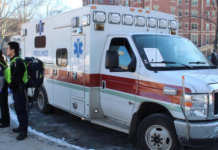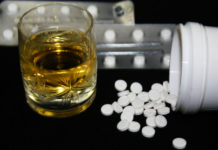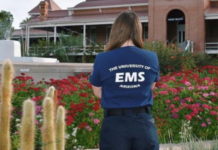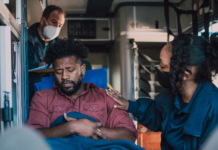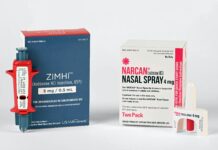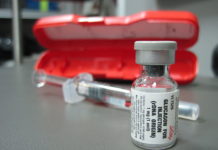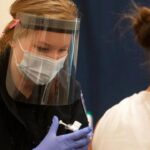Evaluating the Content and Quality of Emergency Medical Services Oral Patient Handoff Reports
There exists no universal criterion for the patient data to be presented from EMS to hospital Emergency Department (ED) personnel. This study seeks to ascertain what patient data is orally reported by EMS to ED personnel.
Drug-Facilitated Sexual Assault
Clinical review of drug-facilitated sexual assault in the college environment, health effects of drugs and alcohol in facilitating sexual violence, and proper response and treatment guidelines for collegiate first responders.
COVID-19 Sequelae in a Nineteen-year-old Male
The authors examine the case of a previously healthy 19-year-old university student and e-cigarette user who was diagnosed with COVID-19.
“Continuing Care” with EC-ERT
EC-ERT created a program called “Continued Care” (CC) to provide a prehospital care resource for patients who required additional time to monitor their condition until care could be terminated. Through its design and implementation, CC reduces non-emergent ALS transports, thus reducing strain on the county EMS system and local emergencies rooms.
Labor Trafficking and the Role of the EMS Professional
While EMS professionals have not received any training in human trafficking, they are in a unique position to identify trafficked persons, gaining a view of the patient’s out-of-hospital environment not visible to most other healthcare providers.
Benzodiazepine & Alcohol Co-Ingestion
This clinical review discusses the relevant pharmacology, clinical presentation, and treatment of patients who have co-ingested benzodiazepines and alcohol.
Comparing Patient Evaluations by a Municipal and a Collegiate-Based Emergency Medical Service
This study assesses UAEMS’ patient evaluations when referenced to Tucson Fire, the local municipal agency.
Towards Anti-Racist Prehospital Healthcare
This article outlines the steps which Dartmouth EMS has taken to educate our members on socially just and racially inclusive emergency medicine.
Opioid and Alcohol Co-Ingestion
Although college campuses have historically been regarded as a protective influence against the development of substance use disorders, substance use and misuse have risen to become one of the most widespread public health concerns facing U.S. college campuses in the past decade. This article discusses pertinent pharmacology, clinical presentations, and treatment guidelines for co-ingestion of alcohol and opioids.
Prehospital Management of Hypoglycemic Emergencies
This review discusses the pathophysiology and presentation of hypoglycemic emergencies, as well as assessment and treatment options across different scopes of practice for emergency medical services providers.

